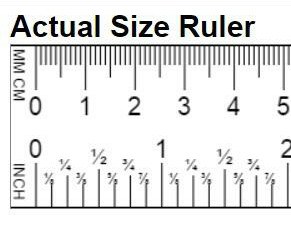
Acupuncture
Needles all over my body? Are you crazy? Nope. Just anxious. And acupuncture is a great tool for managing anxiety. Based on ancient Chinese medical practices, acupuncture works to balance the life force or energy current called Qi (pronounced “kee”) that travels via specific meridians throughout the body. When these pathways are blocked, the Qi doesn’t flow well and the resulting imbalance causes illness and disease, including anxiety. In its typically circular fashion, anxiety can also cause blocked meridians. (Other causes include poor nutrition, injury or toxins in the environment.) If you are not jiggy with the idea of Qi, you can think of it as a metaphor for the chemical and electric reactions constantly occurring within the body.
Acupuncturists use teeny tiny eensy weensy needles (.00325 inches or the width of a single hair) which they insert about a quarter inch into the body. My cat’s claws go deeper into my arm than a ¼ inch!

Let me stop here and say that I am a needle phobe—I faint during injections and refused an epidural despite epic Pitocin-induced contractions which lasted for 13 hours—so, if I tell you these aren’t really needles, you should believe me.
Anyway, the purpose of these “needles” is to unblock the pathway by (1) bringing blood flow and healing to a particular area (2) causing the nervous system to release natural painkillers and (3) stimulating the brain’s limbic system, which is the part that controls emotions.
If done by a properly trained practitioner, acupuncture can be very relaxing and healing. It took a few sessions until I really felt a difference in my anxiety levels, but the appointments themselves were quite soothing. (In fact, I sort of felt “high” after the first one!) And I had the best sleep in my life on the nights following a treatment.
If you have not yet tried this technique, you should strongly consider it as there are no real risks (the only “side effects” I have ever heard about were a little dizziness and sensitivity at insertion sites, and these are quite rare) and many benefits to be had. The only thing that I would advise (and this is true of everything, no?) is that you invest some time in finding a well-trained, highly recommended acupuncturist. Make sure whomever you choose is listed as certified by the National Certification Commission for Acupuncture and Oriental Medicine (NCCAOM) as well as by the acupuncture board of the state in which you reside.
